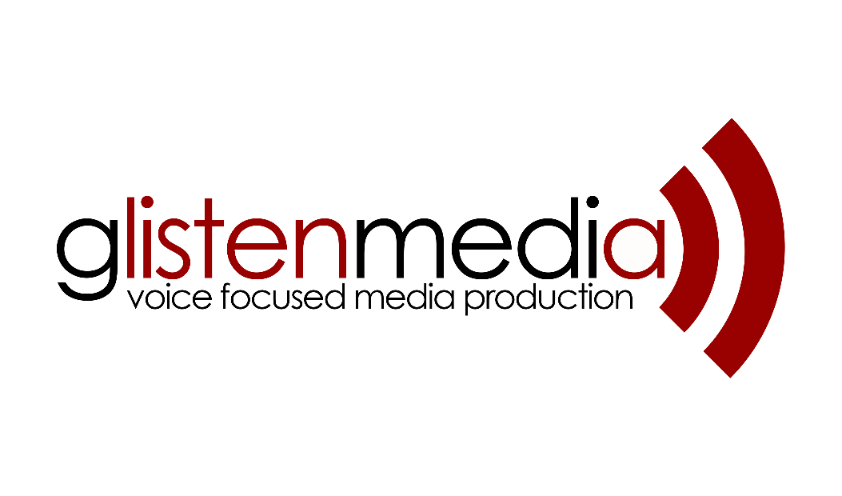Voice Over (sometimes written voiceover or even voice-over) is a word often used that can be confusing for the non-initiated. In this short article, I will explain what a voice over is and what it isn’t. I’ll outline the various names given to someone that delivers a voice over and the sort of things that they do. And lastly I’ll discuss what’s so special about a voice-over recording studio.
So, What Is This thing called Voiceover.
You can hear Voiceovers in Toys, games consoles, Telephones, apps, TV, Radio, films, audiobooks, in lifts, reversing vehicles, on-hold messages and IVR as well as in announcements and information at events and public locations.
So you probably know that Voiceover involves a voice recording. But we wouldn’t call every piece of recorded voice a voiceover. What are the main characteristics of one?
The Speaker is Off-Screen
Usually, in film and tv, a voice over is characterised as being a voice of someone that you can’t see – e.g off-camera narration or dialogue. It can be spoken by someone who appears elsewhere in the content but most often is not.
Listen below to a classic example from the world of film. Morgan Freeman’s character ‘Red’ – narrates this scene from the movie – “The Shawshank Redemption.”
Even though 'Red' appears in shot ( Morgan Freeman's character ) - He's not speaking in the picture and so the voice 'over' the film piece is known as a voice over. The feel is different too, it's storytelling and it's a particular style of voice over known as 'narration'.
All of the other dialogue in the film is not called voiceover - it's merely speaking or acting!
In the case of radio, it's the voices that you wouldn't see if you were in the studio or if you were watching on a webcam that would be called voiceover. For example the DJ or presenter wouldn't be a voiceover but the voice on the adverts, stings, weather and jingles would be.
Voiceovers Are Scripted
The voice over is usually read from a script. It may be copy for an advert, text for a book, instructions etc.
Voiceovers Are Usually Read by a Professional
Voice over is usually used to move, tell stories, instruct or convince. Professional voices offer many different qualities, such as warmth or gravitas or clarity. They also have skills such as the ability to read ahead and a honed voice that avoids 'umms' and 'ahh's', mouth-clicks, air-sucks and table-bangs that only comes with experience and work.
So what do we call all this other recorded speech?
Well, it it could just be speech or the even more generic - audio.
But it also depends on the context - It could be acting, reading, discussion or talking.
It could be spoken by for example a radio dj, an actor, an interviewer and an interviewee such as in a podcast, a teacher or a salesperson.
I don't explain this to be academic, but hopefully to help someone new understand that:
- There are professionals that are expert at recording spoken word that can make or break your media
- There is a time to use them and a time to not use them.
What is a Voiceover Artist
Someone that records or reads voice overs is called a voiceover artist or a voice actor or even a voice talent and it's a highly skilled job.
Different voice artists will have different skills and different voice characteristics and abilities. So choosing one that is right for your project is very important.
Some of the styles of voiceover include:
Characterisation
- Giving life to a fictional Character - can be human, animal or object, it can be real or imaginary so acting skills are very important here.
Narration
- Literally telling a story, or spoken description of events given during a film or television programme. Interesting and often soft and pleasing. Can also be academic or warm and engaging.
Announcer
- A classic, excited tone that you might find on the radio or TV advert. Attempting to call you to action.
Instructional
- Clear, authoritative tones used to explain next actions in IVR, e-learning etc.
Just as choosing the right actor for a film can mean the difference between success and failure, choosing the wrong voice artist can set you up to fail too.
Need Help Finding a Voiceover?
Voiceovers are usually recorded in a Dedicated Voice Over Studio
What is a Voiceover Studio
A recording studio designed for and concerned with recording spoken voice is known as a voice over studio. Whether it be for audiobook narration, classic voice over, ADR, or more and more commonly podcast recording.
Voiceover studios differ from music recording studios in a few, sometimes subtly different ways. The main physical difference is that voice over studios utilise a booth that is essentially dead, super quiet and has no echoes. The greater the number of people being recorded at the same time the more important this is. ( For more information read - The crucial differences between a voice over studio and a music studio. )
You can't over-emphasise the importance of the sound engineer. Recording spoken word uses a very different approach and techniques to those used to record music and whilst there is no reason why a great sound engineer can't learn both, it's unlikely that they will have had that experience.
Looking For A Voiceover Studio?
Not only is our Professional Studio perfect for voice recording - it's run by experienced audio engineers and producers and available at a great rate.

[…] What is a voiceover and what is a voiceover artist? […]
One of the most important thing is that the auditor shouldn’t know that the audio was read. It should sound natural !